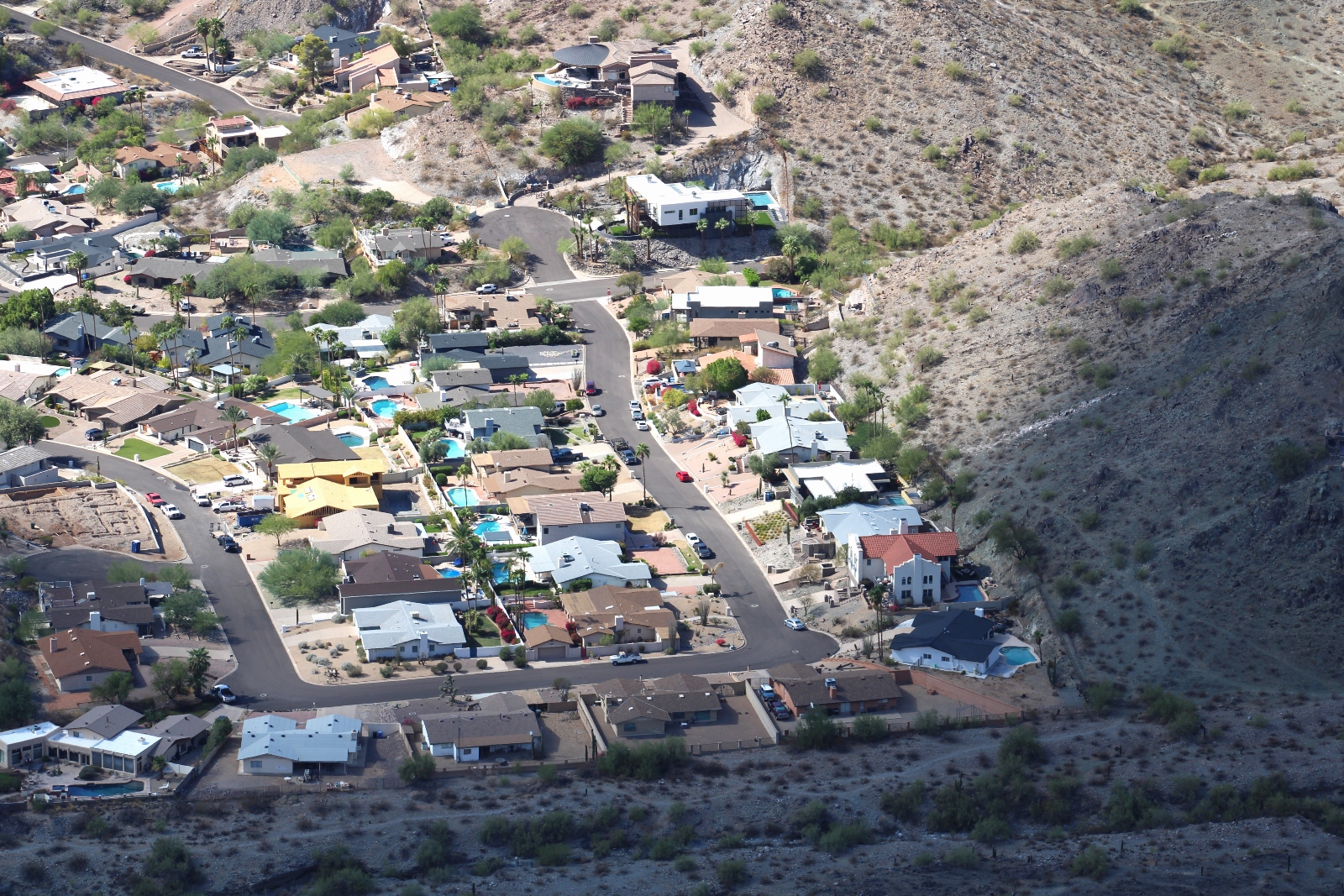Now Reading: Study Reveals Alarming Groundwater Depletion in Colorado River Basin
-
01
Study Reveals Alarming Groundwater Depletion in Colorado River Basin
Study Reveals Alarming Groundwater Depletion in Colorado River Basin

Rapid Summary
- Researchers at Arizona State University revealed the Colorado River basin has lost 27.8 million acre-feet of groundwater in the past two decades, equivalent to the volume of Lake Mead.
- The study leveraged NASA satellite data to track groundwater loss, which is attributed to increasing reliance on underground water due to strained river supplies.
- Groundwater depletion in the region occurred most heavily in Lower Basin states like Arizona, California, and Nevada. Regulated zones in Arizona slowed some losses but challenges remain meaningful.
- Agriculture is a major contributor to water consumption and may face stark consequences moving forward if depletion continues unchecked.
- Experts emphasize broader conservation efforts that encompass both surface and groundwater use, urging “urgent reductions” across all water sources for sustainable management.
Indian Opinion Analysis
The findings suggest critical lessons for India, a country similarly reliant on groundwater resources for agriculture and urban needs amid growing water scarcity issues. India’s struggle with aquifer depletion mirrors patterns seen in the Colorado River basin, highlighting risks tied to over-reliance on poor regulation of underground resources alongside unsustainable agricultural practices.For policymakers, this study underscores the importance of adopting comprehensive strategies-as an example integrating better satellite mapping technologies like NASA’s model-to assess water levels accurately and prioritize interventions before irreversible damage occurs.
Just as researchers warn about delayed action worsening circumstances in Western U.S., India must accelerate efforts towards stronger enforcement of groundwater laws while incentivizing efficient irrigation technologies within agriculture-heavy regions such as Punjab or Maharashtra.
greater emphasis globally (including India) should focus on coordinated policy frameworks that recognize finite freshwater capacity while investing more heavily into scientific tracking systems offering clearer insights into resource availability trends over time.























